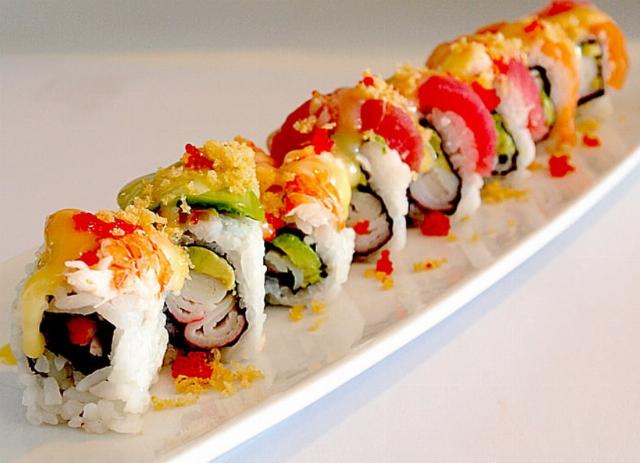Asians: The final minority group still hated by leftists
I am not Asian, but I lived in Asia for seven of my twenty years in the U.S. Armed Forces. I have been married for fifty-five years to a native of South Korea. My granddaughter-in-law is Japanese, and all six of my descendants are partially Asian. And then there are numerous fully Asian in-laws. So I am “as close to being Asian” as a Westerner can get. This means that I feel a certain sting when there is unjustified and substantially harmful bias being practiced against Asian-Americans.
Those practicing that bias deny it, pointing to numerous Asian-Americans in their ranks. I have not, however, seen any of them openly advocate for ending DIE anti-Asian discrimination in universities.
It was not always like this. When universities first opened their admissions policies to cease favoring less qualified Caucasians over other racial groups, they hailed themselves for their progressivism. But then something bad happened — at least in their eyes. When a new freshman class arrived, there was an astonishing preponderance of Asian-American students in it.
To some, it was discomfiting. What could it mean? Was there some kind of genetic tendency for Asians to be smarter than other races? What if this continued? Would there soon come a time when Asian-Americans ruled the professions, while the crumbs were left to others? This could not be allowed. All races are, after all, equal, and therefore, so must be the outcomes.
Is that true?
Studies have shown that there is some statistical difference in the intelligence levels among the races, and the very fact of this produces incendiary reactions among leftists. Those statistical differences do not, however, support the notion that Asians are some sort of master race when it comes to intelligence. The adage is true that differences within groups vastly outweigh differences among them. The conclusion must be that if Asians excel at academics, there must be some factors more important than only native intelligence. Non-Asians can adopt those factors and perform at substantially the same academic levels as Asians.
One of those factors is culture. Indeed, culture accounts for several of the reasons why, without discrimination, Asian-Americans would populate American universities far out of proportion to their percentage of the population.
Hard work is highly valued within most Asian-American families, as compared to the general population. High achievement is therefore expected by the parents. Indeed, some leftists accuse the stereotypical Asian-American family of being abusive to their children. While non-Asian boys and girls go outside to play, their Asian-American counterparts are “cruelly” confined to their rooms, studying incessantly with their textbooks.
Such emphasis is not always successful. Korean-American comedian Henry Cho sometimes self-effacingly quips, “I was supposed to have been a doctor.” In America, the ranks of workers with lower economic status than the professions are populated as much by ethnic Asians as anyone else, including by the vaunted northeast Asians of China, Korea, and Japan.
There is also much truth to the criticism that the culture of hard work and high achievement is too materialistic, but materialism is not noticeably linked to any racial group.
One fear among leftists is that if universities are actually and effectively prohibited from discriminating, there will be very little ethnic diversity on campus, and diversity is our greatest strength. Nonsense. There is nothing preventing the rest of us from recognizing what is best in Asian-American culture and adapting its virtues for ourselves. Hard work; high standards, including those of moral sexual behavior; thrift; family cohesion; and an ingrained sense of respect are well worth imitating. Combine those with the uniquely American virtues of individuality and liberty, and all races of Americans would benefit.
What we will not benefit from is punishing anyone, including Asian-Americans, for their being successful.

Image via PickPik.





